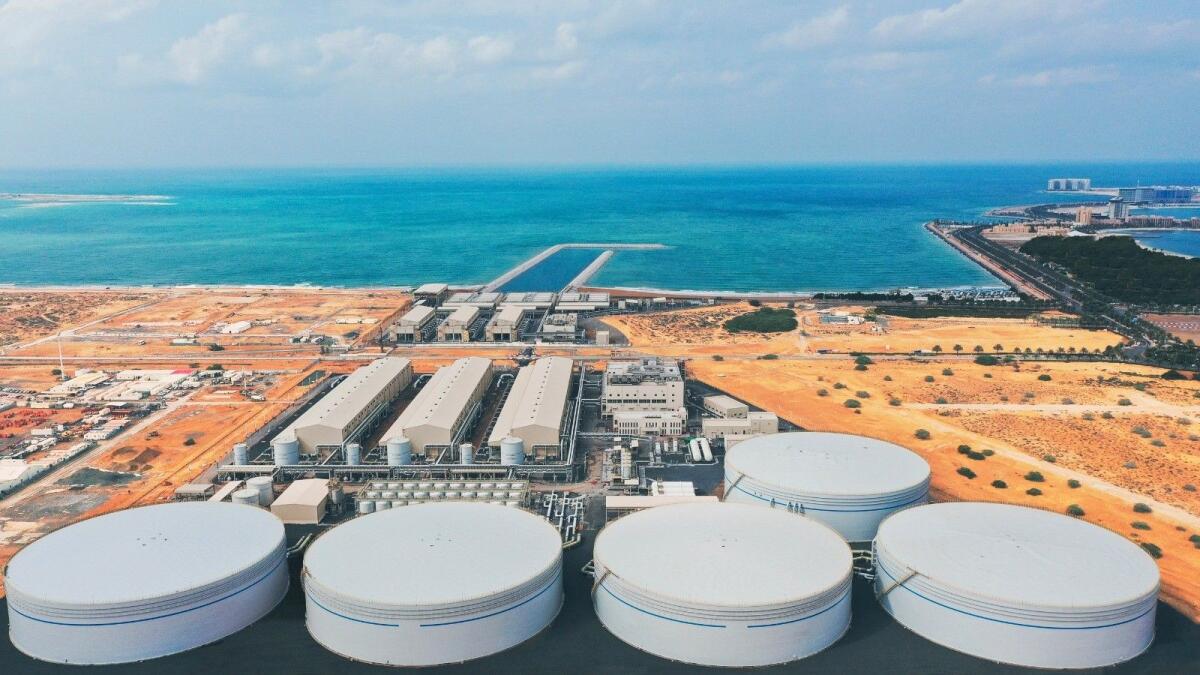Naqa’a, one of the largest desalination projects in the world, utilizes seawater reverse osmosis (SWRO) technology to meet the water needs of approximately 2 million residents in the northern regions of the UAE. This mega project, a collaboration between Etihad Water and Electricity, Mubadala, and Saudi Arabia’s ACWA Power, boasts a production capacity of 150 million gallons per day. Situated in Umm Al Quwain, the newly opened plant’s distribution network extends to various areas like Ras Al Khaimah, Fujairah, and Ajman, ensuring a reliable supply of potable water across these regions.
Eng. Yousif Al Ali, CEO of Etihad Water and Electricity, highlighted the strategic importance of Naqa’a in meeting the growing water demand in the UAE. The plant plays a crucial role in providing a consistent and reliable source of freshwater, especially in water-stressed regions like the UAE. With a capacity to produce 50 billion gallons of water annually, Naqa’a is essential for ensuring access to safe drinking water for residents in the area. The project aligns with the Mohamed bin Zayed Water Initiative and the National Water Security Strategy 2036.
Al Ali emphasized that water from Naqa’a is safe for human consumption, as the plant adheres to stringent quality control measures in line with national and international standards. The facility employs SWRO technology, known for its eco-friendliness and energy efficiency compared to traditional desalination methods. Innovations like variable frequency drive (VFD) and pressure exchanger (PX) have significantly reduced energy consumption by up to 60%, further minimizing the environmental impact.
In terms of environmental conservation, Etihad Water and Electricity have implemented various initiatives to mitigate the ecological footprint of the plant’s construction and operation. These efforts include protecting indigenous flora and fauna, engaging in voluntary beach cleanups, and exploring technological upgrades and expansions for future developments. By proactively addressing current demands while preparing for future needs, the project contributes to the overall national water security strategy. The plant’s eco-friendly approach and commitment to sustainability make it a vital asset in ensuring water security for the UAE’s growing population.










